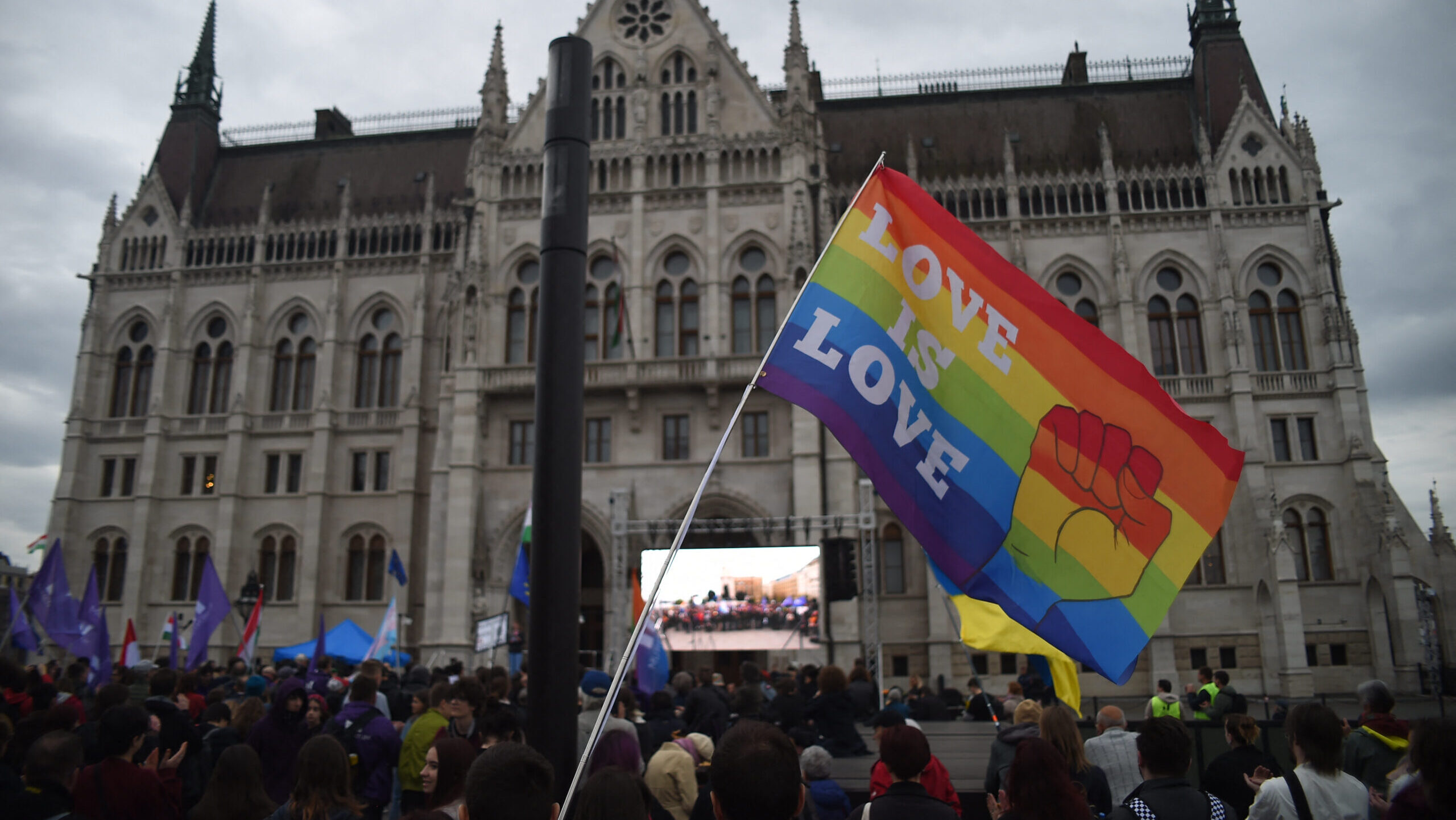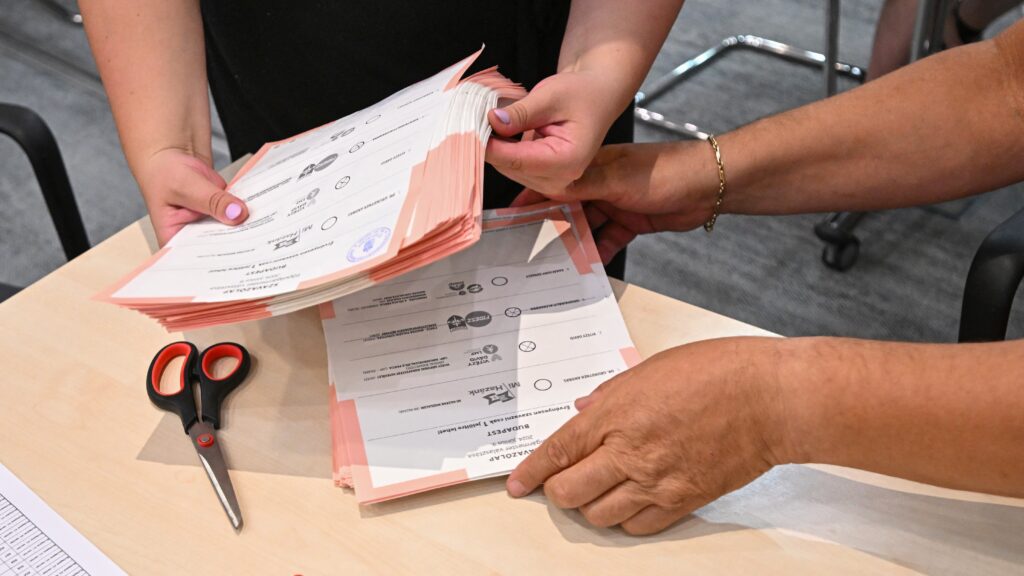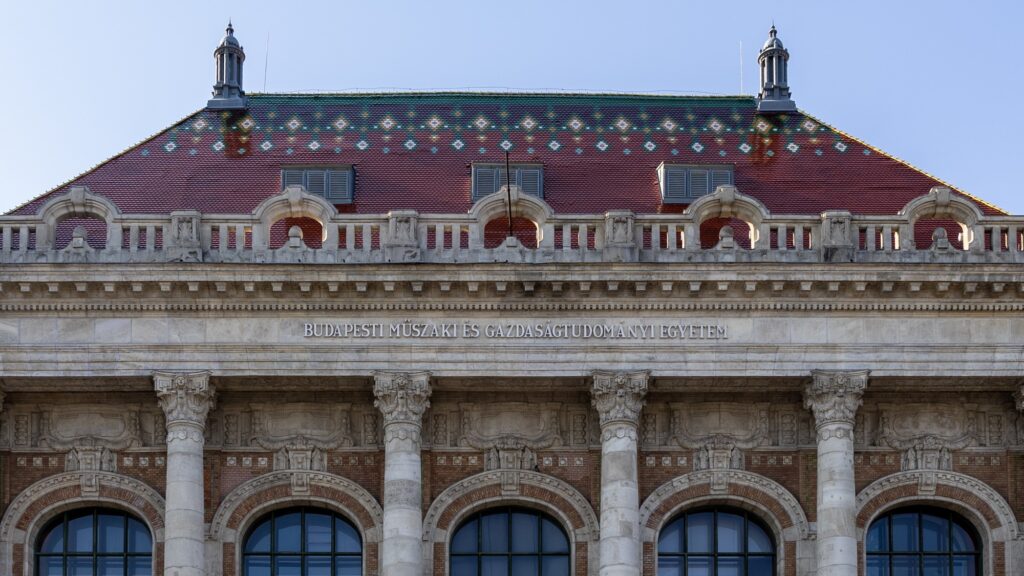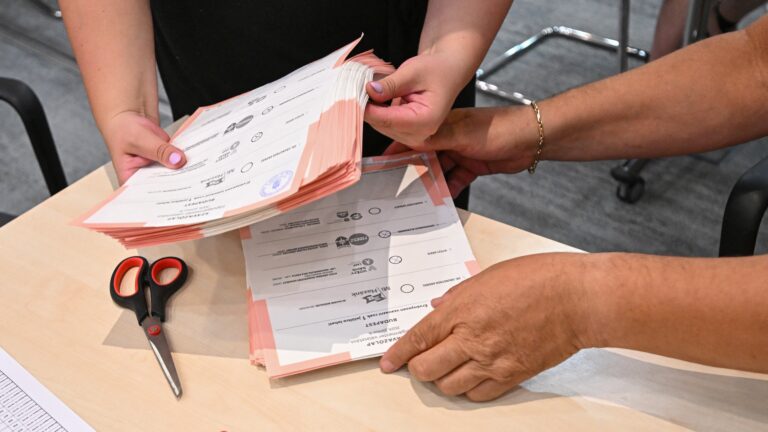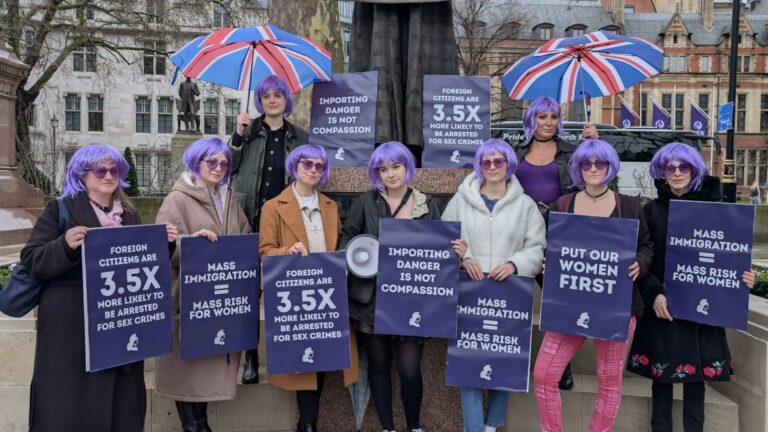European Commission President Ursula von der Leyen has called on Hungarian authorities to allow the Budapest Pride march to proceed. ‘Without fear of any criminal or administrative sanctions against the organizers or participants,’ she stated, referring to recent legislation passed by the Hungarian Parliament in March. The law mandates fines for both organizers and participants of public events that allegedly breach the rights of children under the child protection act. ‘To the LGBTIQ+ community in Hungary and beyond: I will always be your ally,’ von der Leyen concluded in a post on X.
Hungarian Prime Minister Viktor Orbán responded by urging the Commission ‘to refrain from interfering in the law enforcement affairs of Member States, where it has no role to play’. He added that the Commission should instead focus on ‘the pressing challenges facing the European Union’, arguing that while the Commission does have a clear role in such areas, it has committed serious errors in recent years, including its handling of the energy crisis and the decline in European competitiveness.
Orbán Viktor on X (formerly Twitter): “Dear Madam President,I urge the European Commission to refrain from interfering in the law enforcement affairs of Member States, where it has no role to play.I also call on the Commission to focus its efforts on the pressing challenges facing the European Union-areas where it… https://t.co/QHlJofeC6F / X”
Dear Madam President,I urge the European Commission to refrain from interfering in the law enforcement affairs of Member States, where it has no role to play.I also call on the Commission to focus its efforts on the pressing challenges facing the European Union-areas where it… https://t.co/QHlJofeC6F
Since its adoption on 18 March, the amendment—labelled by critics as a ‘Pride-ban’—has become a central point of contention between Hungary and Brussels, as well as several EU member states. At the end of March, 22 embassies of EU countries, alongside the United Kingdom and Australia, issued a joint statement expressing concern over the legislation. Notably absent were the United States and Italy, indicating a shift in American policy. Under the previous administration, US Ambassador David Pressman had been among the leading advocates for such initiatives.
Just days before von der Leyen’s statement, the Dutch Parliament supported a motion calling on Cabinet members to participate in the Budapest Pride march. The event is expected to go ahead despite the new legal environment, as Budapest Mayor Gergely Karácsony is seeking to circumvent the law by classifying the march not as a demonstration but as a municipal event. On Wednesday, organizers published the planned route of the march, which is scheduled to begin at 2pm on Saturday, 28 June.
Hungarian Justice Minister Bence Tuzson has warned EU ambassadors and their staff not to attend the march, stating that despite Karácsony’s actions, the police have officially banned the event and that participation would constitute an infraction. ‘Kindly ensure that your co-workers and colleagues are duly informed of these facts, in order to maintain clarity,’ Tuzson wrote in a letter addressed to foreign embassies.
In response, Pride organizers sent a letter to diplomatic missions insisting that the police have no legal authority to ban an event organized by the city council, arguing that the march is ‘neither banned nor unlawful’. ‘We continue to work on ensuring that Hungary’s largest Pride takes place this Saturday in a safe and secure environment,’ Budapest Pride President Viktória Radványi said.
Several members of the European Parliament have announced their intention to attend the march. European Commissioner for Equality Hadja Lahbib is expected in Budapest on Friday and may join the event, along with ministers from several EU member states, according to the organizers.
Related articles:

